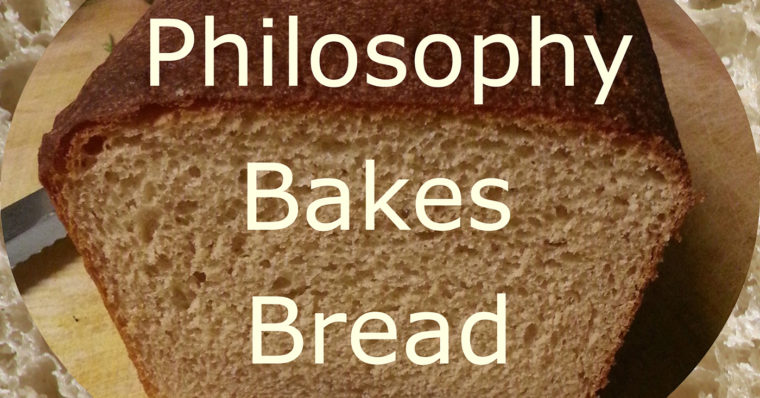I was reminded this morning of Charles Mackay’s 1915 poem, No Enemies:
YOU have no enemies, you say?
Alas! my friend, the boast is poor;
He who has mingled in the fray
Of duty, that the brave endure,
Must have made foes! If you have none,
Small is the work that you have done.
You’ve hit no traitor on the hip,
You’ve dashed no cup from perjured lip,
You’ve never turned the wrong to right,
You’ve been a coward in the fight.
I think of this poem often, and I think it serves as an important reminder that sometimes it is not good to be polite; sometimes an aversion to conflict can be dangerous.
In Dr. Martin Luther King, Jr’s Letter from a Birmingham Jail, he expresses a similar sentiment:
First, I must confess that over the last few years I have been gravely disappointed with the white moderate. I have almost reached the regrettable conclusion that the Negro’s great stumbling block in the stride toward freedom is not the White Citizens Councillor or the Ku Klux Klanner but the white moderate who is more devoted to order than to justice; who prefers a negative peace which is the absence of tension to a positive peace which is the presence of justice; who constantly says, “I agree with you in the goal you seek, but I can’t agree with your methods of direct action”; who paternalistically feels that he can set the timetable for another man’s freedom; who lives by the myth of time; and who constantly advises the Negro to wait until a “more convenient season.” Shallow understanding from people of good will is more frustrating than absolute misunderstanding from people of ill will. Lukewarm acceptance is much more bewildering than outright rejection.
We should not be more devoted to order than to justice.
It is said that only 7 people attended the funeral of Raphael Lemkin, the lawyer and scholar who coined the word “genocide” and who fought like hell to introduce the U.N. Genocide Convention. He made a lot of enemies by constantly pushing for stronger measures to prevent and end genocide; he made a lot of enemies by refusing to shut up when everyone was done listening to him. He made a lot of enemies by being more devoted to justice than the niceties of polite society.
No enemies? Indeed, the boast is poor.







